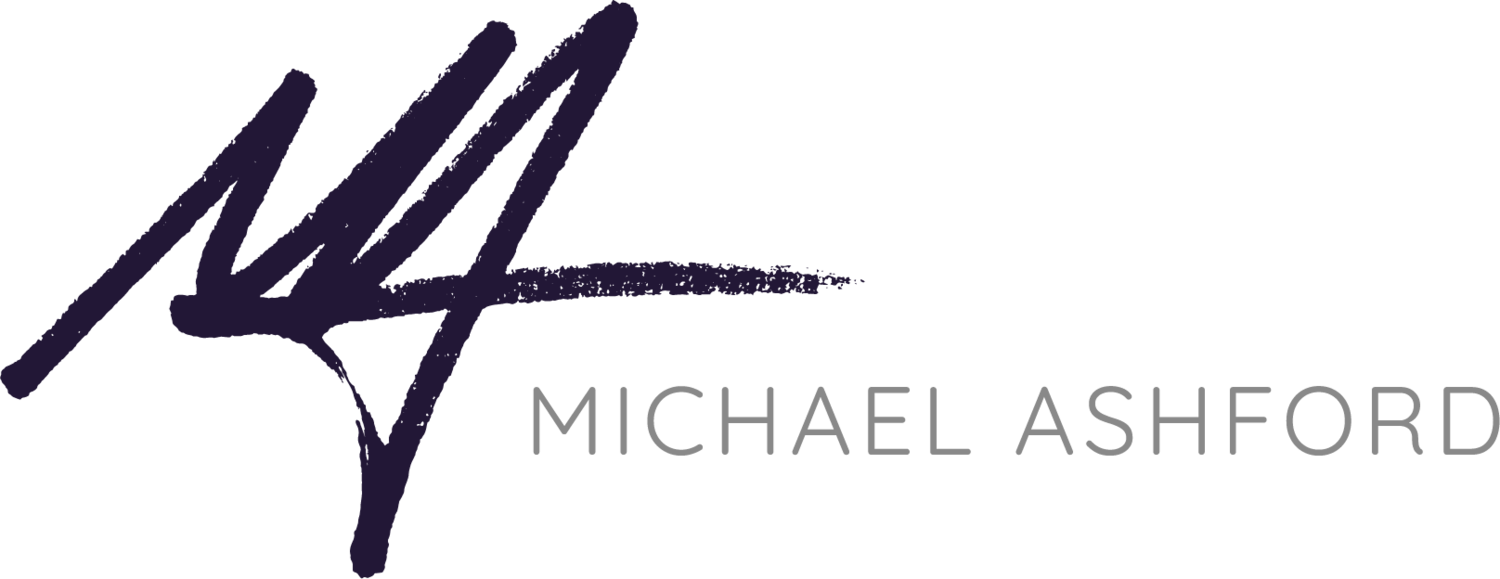Curiosity is a practice, not a trait
Years ago, my wife, Kim, had a goal to run a 5K.
She’d never done one before, but she decided it was something she wanted to attempt.
Now, she had one major concern: “I’m not a runner,” she’d tell me.
Whereas I ran cross country in high school and I’d run countless 5K races, Kim was a soccer player in high school and she was much more into weightlifting.
So you know what she did?
She signed up for a training program called “Couch to 5K.”
It was a daily training routine designed to take someone from sitting on their couch to being able to run a 5K in a matter of weeks.
And wouldn’t you know it — it worked! She ran a 5K just a few weeks later, and after that, she ran several more.
You see, the secret to the Couch to 5K program is that it helps you make running a practice, no matter how small the early progress might feel. Literally, on the first day, the training plan tells you to run for a minute, then walk for a minute, and repeat that 10 times. On Day 1, you run for 10 minutes total.
Saying “I’m not a runner” is binary — either you are or you aren’t. But if you run a little bit each day and slowly build up your strength and stamina, you’re practicing running.
In a similar way, I’ve heard people say, “I’m just not good at asking questions.”
To which I say, “You know, you can get better at that.” Because just like running, curiosity is not a you-either-are-or-you’re-not thing.
Curiosity is a practice, not a trait. Having brown or blonde hair — or no hair like me — that’s a trait. But just like running, you can practice being a more curious person by making it a point to place yourself in situations where you’re flexing your curiosity muscles by asking more questions.
If you don’t, your abilities atrophy, and in the case of atrophying curiosity, it means you always have to have ALL the answers ALL the time.
And that's an awful lot of pressure to place on yourself, especially considering it’s simply not possible.
In episode 92 of The Follow-Up Question, Dr. Corey Yeager told me: “If you go through life without asking questions or taking in feedback, it means you have to think of everything on your own. It means you can never make a mistake. It means if you get new information that’s inconsistent with your theory, you have to refute it, discard it, belittle it, and be defensive about it. And it also means you won’t grow from that new data.”
Instead, consider ways you can work to become a more curious person. Maybe it’s speaking up and asking more questions during meetings at work. Maybe it’s asking your friend or partner a few more questions about their day rather than launching into your own run-down.
Eventually, you’ll find that practicing curiosity has made you a more curious person, and you get to shed the pressure of always having all the answers.
Interested in improving your communication skills and presence? Learn more about what it’s like to work with me as your communications coach.

